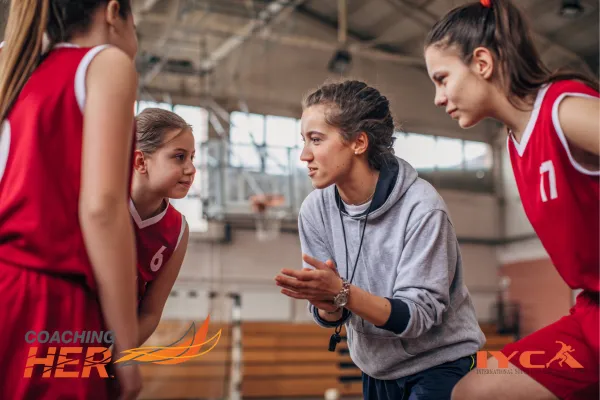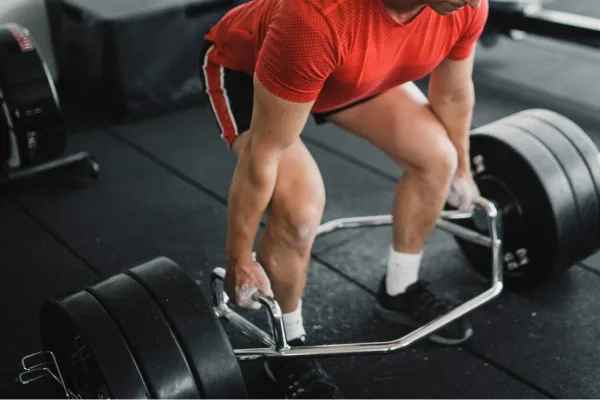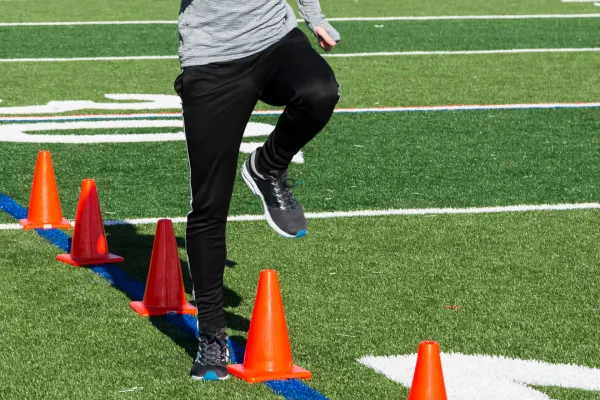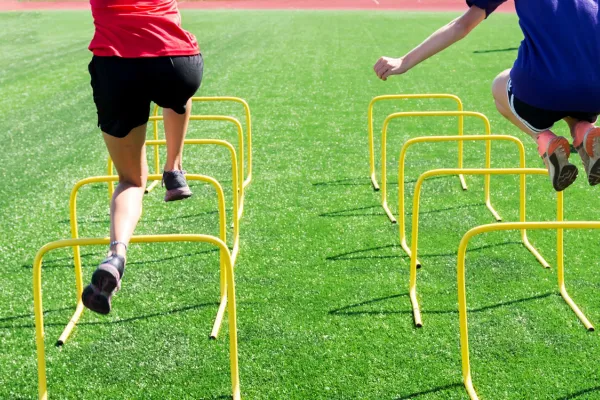
Coaching Girls: Leading with Belonging and Opportunity
By The Coaching HER® Team – Evidence-based tips for building lasting engagement in girls’ sports Learn more at coachingher.com
September is the reset button in sport — a chance for leaders to re-ground in the fundamentals that matter most. Strong seasons don’t start with rankings or results; they start with creating spaces where every girl feels she belongs. Girls who feel they belong are three times more likely to stay in sport (Canadian Women & Sport, 2021), and yet by age 14, they drop out at twice the rate of boys (Women’s Sports Foundation, 2018; Canadian Women & Sport, 2021).
As a sport leader, you set the tone. Girls thrive in environments where they are seen, heard, and supported. Inclusive, body-positive team cultures show 25% higher retention (Canadian Women & Sport, 2024).
Representation also matters: when girls see women in leadership, retention improves by 33% (Women in Sport, 2021). And when girls feel heard by their coaches, they are 2.5× more likely to stay in sport (Aspen Institute Project Play, 2024).
What Leaders Can Do This Season:
Align Policies With Equity: Review uniforms, scheduling, and facilities. Uniform policies that don’t account for comfort or religious dress disproportionately push girls out (Canadian Women & Sport, 2022).
Invest in Coach Education: Less than half of coaches have ever received training on gender equity, body image, or mental health (Canadian Women & Sport, 2022). Leaders can change that by requiring girl-centered training, which is proven to strengthen girls’ confidence, safety, and belonging (Tucker Center Research Report, 2018).
Make Listening a Habit: Encourage coaches to ask girls what they need to feel safe and supported. Research shows 80% of girls cite a positive coach relationship as the top reason they keep playing (Aspen Institute Project Play, 2024).
Boost Visibility: Representation matters. 80% of girls say they would stay in sport longer if they had role models (Canadian Women & Sport, 2022). Highlight women coaches and leaders in your communications, events, and recognition programs.
Celebrate Belonging, Not Just Winning: 70% of youth quit sport by age 13, most often due to lack of fun or exclusion (Project Play, 2024). Make recognition for inclusive, joyful environments as visible as championship banners.
This season, going “back to basics” means remembering that your first job is keeping girls in the game. When we commit to equity, belonging, and development-first environments, we don’t just build stronger girls — we build stronger futures.
Listen to the Deep Dive Conversation
References
Tucker Center for Research on Girls & Women in Sport (2018). Tucker Center Research Report: Developing Physically Active Girls: An Evidence-based Multidisciplinary Approach.
Dove & Nike (2024). Body Confident Sport Research.
Aspen Institute Project Play (2024). State of Play Report.
EY Women Athletes Business Network & espnW. (2014). Where will you find your next leader?
Matheson, E. L., Schneider, J., Tinoco, A., Gentili, C., Silva-Breen, H., LaVoi, N. M., White, P., & Diedrichs, P. C. (2023). The co-creation, initial piloting, and protocol for a cluster randomised controlled trial of a coach-led positive body image intervention for girls in sport. BMC Public Health, 1467. https://doi.org/10.1186/s12889-023-16360-w
Canadian Women & Sport. (2022). The Rally Report 2022: A Call for Better, Safer Sport for Girls.
Canadian Women & Sport (2024). The Rally Report 2024: A Call to Reimagine Sport so All Girls Can Play
Women in Sport (2021). Her Sport, Her Way.
Women in Sport (2022). Reframing Sport for Teenage Girls. Tackling Teenage Disengagement
Women in Sport (2023). Sport, Stereotypes And Stolen Dreams Why Girls Still Feel They Don’t Belong In Sport
Women’s Sports Foundation (2020). "Keeping Girls in the Game: Factors that Influence Sport Participation"








